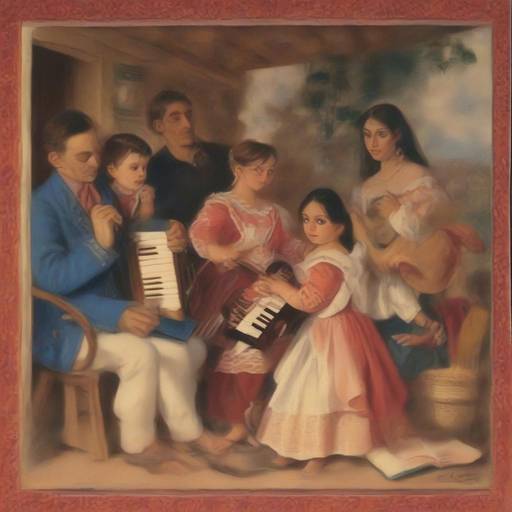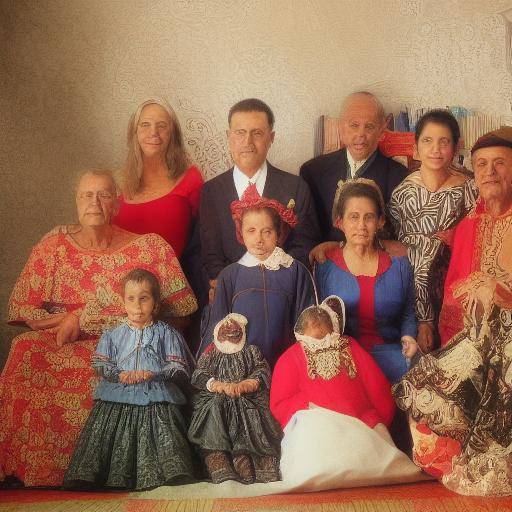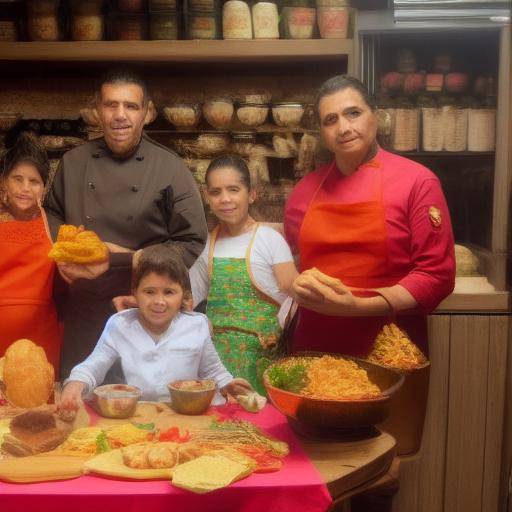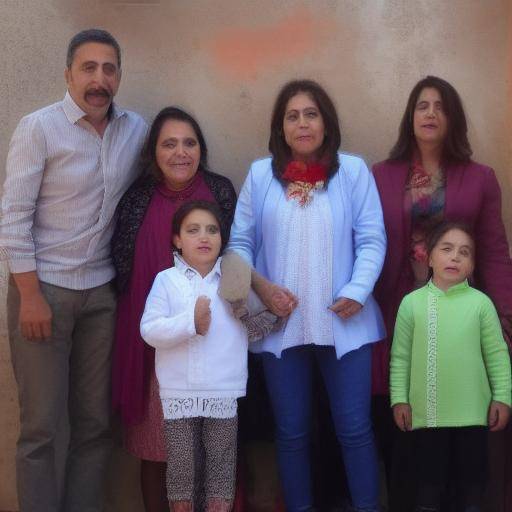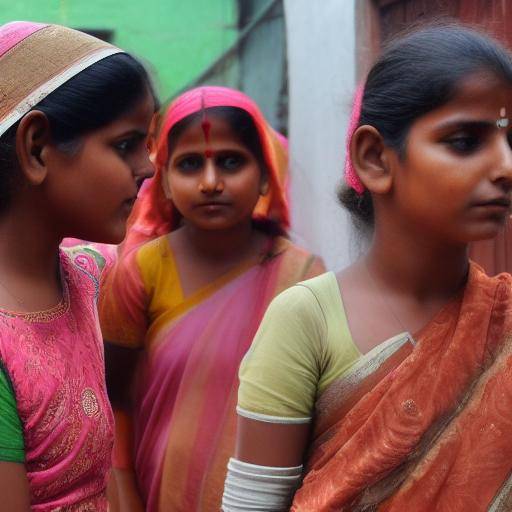
The practice of dowry in India is an issue that covers profound aspects of culture, economy and legislation. This ancient tradition has been the centre of debates and disputes in Indian society and has generated significant impact on the lives of families. In this article, we will explore the history, economic impact and legal implications of dowry in India, as well as its evolution in modern society.
Introduction
Dote is a practice rooted in Indian culture, in which the bride's family delivers goods, money or property to the groom's family as part of the marriage ceremony. Despite its root in family traditions, dowry has generated numerous disputes and challenges in Indian society, especially in relation to gender equity and domestic violence. In this article, we will explore the historical aspects of dowry, its impact on the economy and the legal implications surrounding this practice. We will also examine various views on dowry and its role in contemporary society.
History and Context
The practice of dowry in India has deep historical and cultural roots. It goes back centuries and has evolved over time, influenced by social, economic and legal changes. Throughout history, dowry has been regarded as a symbol of social prestige and an essential aspect of marriage tradition in many communities in India. However, it has also led to gender inequalities, domestic violence cases and financial pressures on families.
The dowry has experienced certain changes in its form and meaning over the years, reflecting transformations in Indian society, although it persists as a practice rooted in many communities. It is crucial to understand the historical context to appreciate the complexity of this tradition and its implications today.
Detailed Analysis
Family: An Ingrained Tradition
The dowry has been an integral part of the family traditions in India, linked to the idea of offering economic support to the new family of the bride. However, this concept has been controversial because of the discriminatory practices surrounding its demand. The impact on family dynamics and interpersonal relationships is considerable, requiring a detailed analysis of cultural and sociological implications associated with dowry.
Economy: Challenges and Perspectives
The practice of dowry affects the economy of the families involved, as it involves the disbursement of significant sums of money and goods. This can generate financial tensions, indebtedness and even lead to situations of extreme vulnerability for the families involved. We will explore the economic impacts of dowry in India and how these financial pressures have shaped family and social decisions.
Legislation: Implications and Developments
Dowal laws in India have undergone significant changes over time to address injustices and abuses associated with this practice. We will analyze the evolution of dowry-related legislation, its effectiveness in the protection of the rights of women and families, and the challenges that persist in their implementation.
Comparative analysis
The dowry in India is presented in various contexts and its implications vary widely from region to region, as well as between different social strata. Understanding these variations is essential to further analyse the complexities surrounding this practice and the prospects for change.
Practical Tips and Recommendations
Given the sensitivity and complexity of the issue, we will provide practical advice and recommendations to address the dowry, both at the individual and community levels, fostering a more equitable and fair approach to matrimonial matters.
Final Reflections and Predictions
The comprehensive analysis of the side in India reveals the need to continue to discuss and address the cultural, economic and legal aspects associated with this practice. We will observe emerging trends and future predictions regarding dowry, as Indian society continues to evolve towards more equitable and just approaches in marriage and family relations.
Conclusions
In conclusion, dowry in India is a complex issue that covers key aspects of culture, economy and legislation. Its impact on family dynamics and society as a whole is significant and continues to generate debates and challenges. In understanding the history, evolution and implications of dowry in India, we can advocate for positive changes that promote gender equity, women ' s empowerment and respect for human rights.
Frequently asked questions
What is the historical origin of dowry in India?
The practice of dowry in India dates back centuries and is rooted in cultural and family traditions. It was considered a social prestige and a means of providing economic support to the new family of the bride.
How does dowry affect the family economy?
The dowry can generate financial tensions and indebtedness for the families involved, which impacts their economic stability in the short and long term.
What are the legal implications of dowry in India?
Dow-related laws have experienced significant changes to address injustices and abuses, but challenges remain in their implementation and protection of women's rights.
How can dowry be addressed in an equitable and fair manner?
It is essential to advocate for changes in cultural attitudes, promote education and awareness of gender equity, and promote effective legal reforms to address dowry in a fair and equitable manner.
What are future trends related to dowry in India?
There are emerging trends towards more equitable and just approaches in marriage and family relations, suggesting a positive development in Indian society.
What are the psychological implications of dowry in the families involved?
The social and financial pressure associated with dowry can generate stress, anxiety and intrafamily conflicts, affecting the mental health of those involved.
With this detailed information, we hope to have provided a thorough analysis of dowry in India, addressing its historical context, economic impact, legal implications and future prospects. It is essential to continue dialogue and action to promote positive changes that promote equity and respect for human rights in Indian society.



